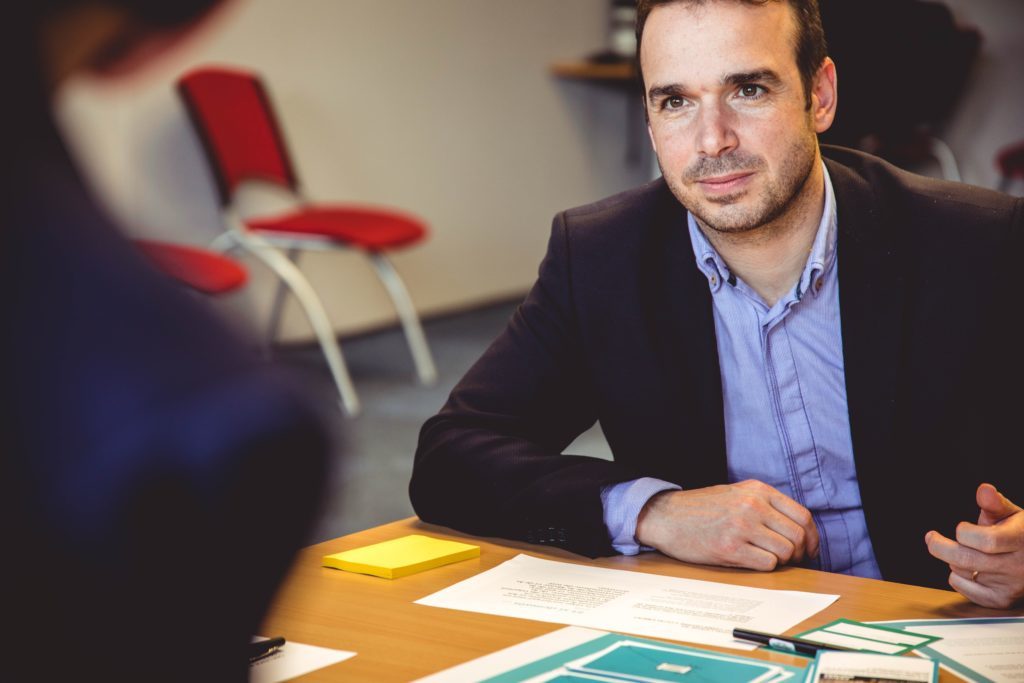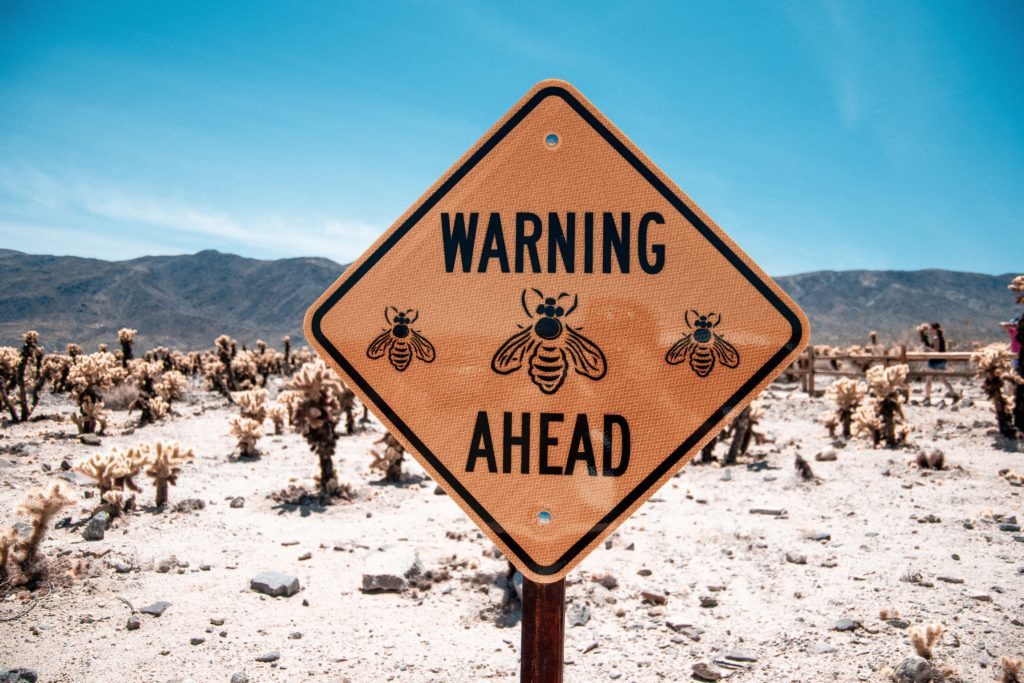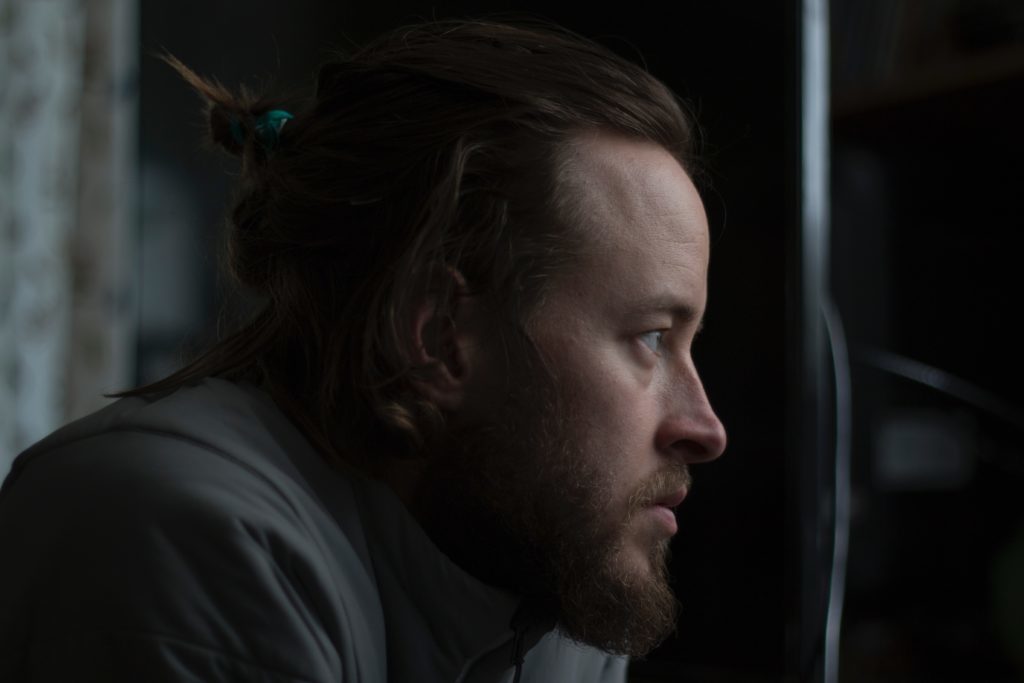When you’re dealing with something difficult or painful– OCD is both– it’s natural to seek the best solutions. That’s why we’re sharing a few of our favorite articles on this topic, written by OCD experts and published on some of the more informative websites on mental health. Let’s get started.
“Getting The Right Treatment For An Obsessive-Compulsive Disorder” by Fred Penzel, PhD

“You have the right to assertively question their ability to help you”
In this concise post, Dr. Fred Penzel lays out ten important questions to ask a new behavioral therapist or psychiatrist before starting treatment. We like Dr. Penzel‘s list not only because he has serious credentials– he has specialized in OCD since 1982 and wrote a few formative books on OCD and related disorders– but also because it provides a means to cut through the awkwardness of an initial consultation while helping you understand if the clinician is a good fit. Whether you’re meeting a new practitioner soon or hoping to check in about your progress with someone you’ve seen for a while, bring Dr. Penzel’s list along.
Read this article from BeyondOCD
“O.C.D., My Exhausting Best Friend” by Wajahat Ali

“The goal of the treatment is to make the thoughts irrelevant… it’s not to make the thoughts go away”
Even though Wajahat Ali isn’t an OCD expert in the traditional sense, the playwright and lawyer has struggled with the disorder for years. Ali writes eloquently about OCD’s effects and his journey to embrace what he calls “God’s sick joke” while learning about exposure and response prevention (ERP). Equally helpful are the comments from Dr. Steven Phillipson, an OCD expert Ali spoke with. As Ali writes, “Dr. Phillipson said people should first choose to forgive themselves for having O.C.D…. he advised against using negative imagery and instead welcoming our ‘best friend’s warning’ but then choosing to ignore it.'” Dr. Phillipson’s advice is a great reminder that getting treatment for OCD doesn’t mean we need to hate this part of ourselves.
Read more from Ali and the experts on The New York Times
“Pure O: An Exploration into a Lesser-known Form of OCD” by Jordan Levy, PhD, and Jan Weiner, PhD

“It is the very act of trying not to have a bothersome thought that guarantees its resurfacing”
Lots of people ask us about Pure-O, which is a subtype of OCD that involves obsessions but not visible compulsions. Other compulsions, like mentally replaying events and reassuring oneself, are still performed in response to unwanted thoughts just like those in any other subtype. In this helpful and thorough outline of Pure-O symptoms and treatment options, Drs. Levy and Weiner illuminate a subtype that many deal with but few understand.
Get more info at Intrusive Thoughts
If you or someone you know is struggling with OCD, schedule a free call today with the NOCD clinical team to learn more about how a licensed therapist can help. ERP is most effective when the therapist conducting the treatment has experience with OCD and training in ERP. At NOCD, all therapists specialize in OCD and receive ERP-specific training.
